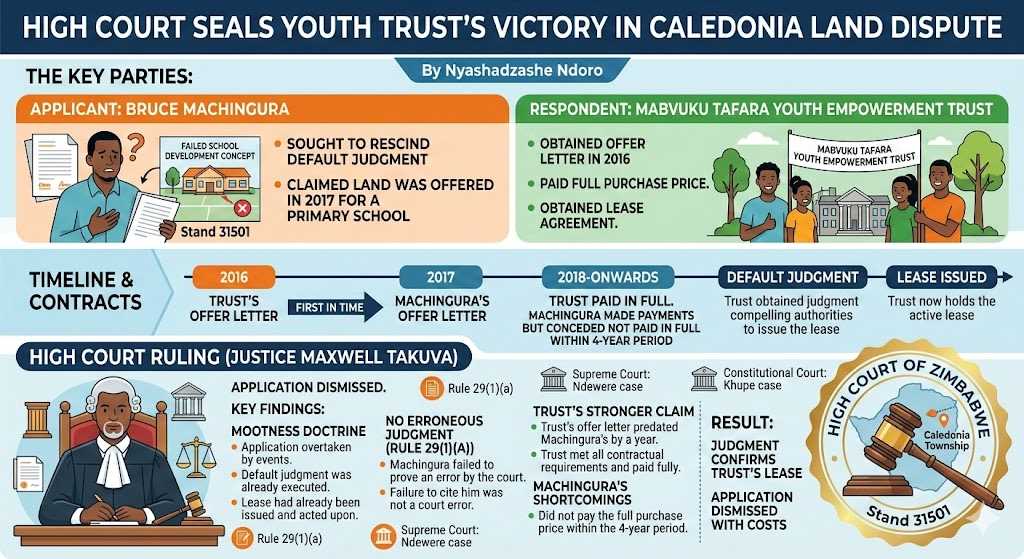
Oscar J Jeke
Marriage, that intricate institution, stands as a testament to the ever-evolving tapestry of human society. Its very essence, once draped in the rigid hues of tradition, now shimmers with threads of new age ideologies and individual empowerment.
Gone are the days when the 19th century dictated the rhythm of married life. In its place, the 20th century waltzes in, ushering in a new world order for this sacred union. Here, the concept of partnership takes centre stage, replacing the outdated script of prescribed roles. What was once deemed blasphemous, the very idea of a wife having an equal say, now rings true in the symphony of modern marriage.
This revolution finds its beating heart in the fight for women's rights. Like a vibrant thread woven into the fabric of marriage, these rights have reshaped the power dynamic. No longer confined to the shadows, women’s voices now resonate within the halls of decision-making, shaping the course of their households with equal footing. A woman’s ambition to pursue education and carve her own career path now finds acceptance, fostering a sense of shared responsibility and a more harmonious equilibrium.
Yet, the tapestry is not without its contrasting threads. While some, like the young woman pursuing her dreams, embrace this progressive narrative, others cling to the familiar patterns. For the older generation, the concept of “Murume ndiye musoro wemba” - the man as the head of the household - remains deeply ingrained. They find solace in the teachings of Gogo Mapanga, where respect and the husband’s lead are seen as pillars of a healthy marriage.
Related Stories
This generational clash finds voice in the contrasting perspectives of Mr. and Mrs. Tapera. He, a man who holds tightly to the traditions instilled in him, finds the concept of shared responsibility jarring when placed against the age-old practice of paying a bride price. “How can I be expected to cook while my wife sits idle?” he questions, his frustration echoing the dissonance within the evolving institution.
However, Mrs. Tapera’s calm assertion reminds us that equal rights do not necessitate the abandonment of responsibilities. She emphasises that love remains the guiding light, harmonizing individual efforts within the marriage.
Religion, too, adds its own intricate design to the tapestry. While some women see biblical teachings as a call for submission, others interpret them within the context of modern love. Tinashe Kakome, echoing this sentiment, believes that true love manifests in acts of service, like a husband washing the dishes, weaving a language of love into the fabric of marriage.
Blessmore Kasakara voices a similar sentiment. He acknowledges the changing landscape, recognising the need to support a working wife by sharing household duties.
Ultimately, the concept of marriage remains a complex and evolving masterpiece. It is a tapestry woven with the threads of societal norms, personal experiences, and individual beliefs. The fight for equality, the power of love, and the echoes of tradition all contribute to its ever-changing design, reminding us that this sacred institution, like the human experience itself, remains a work in progress.


















Leave Comments